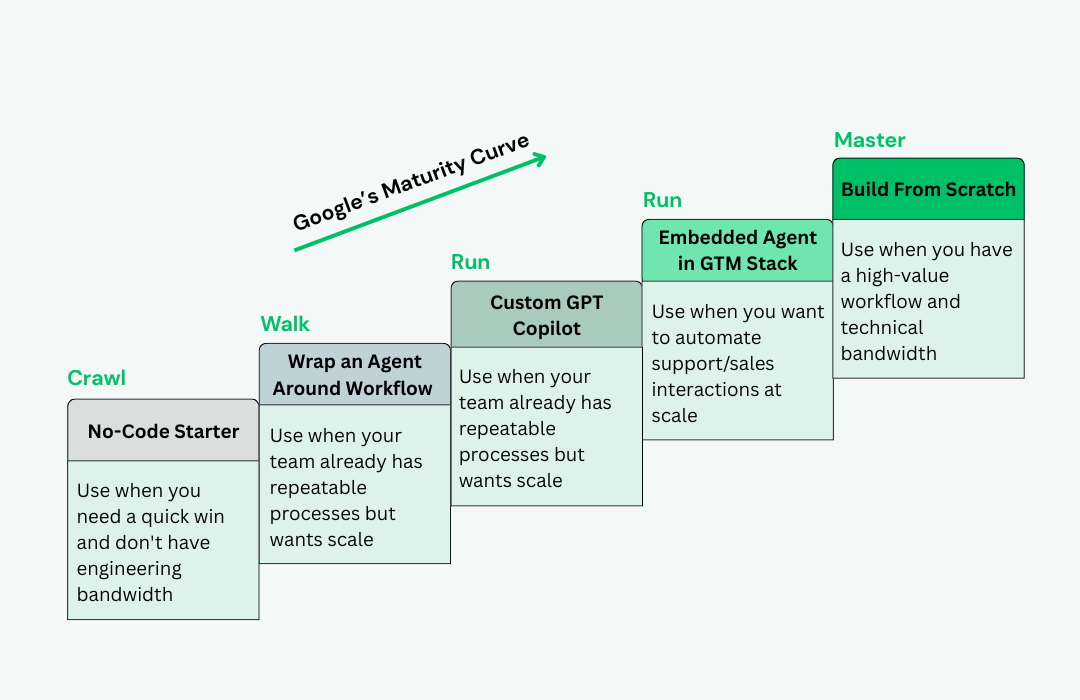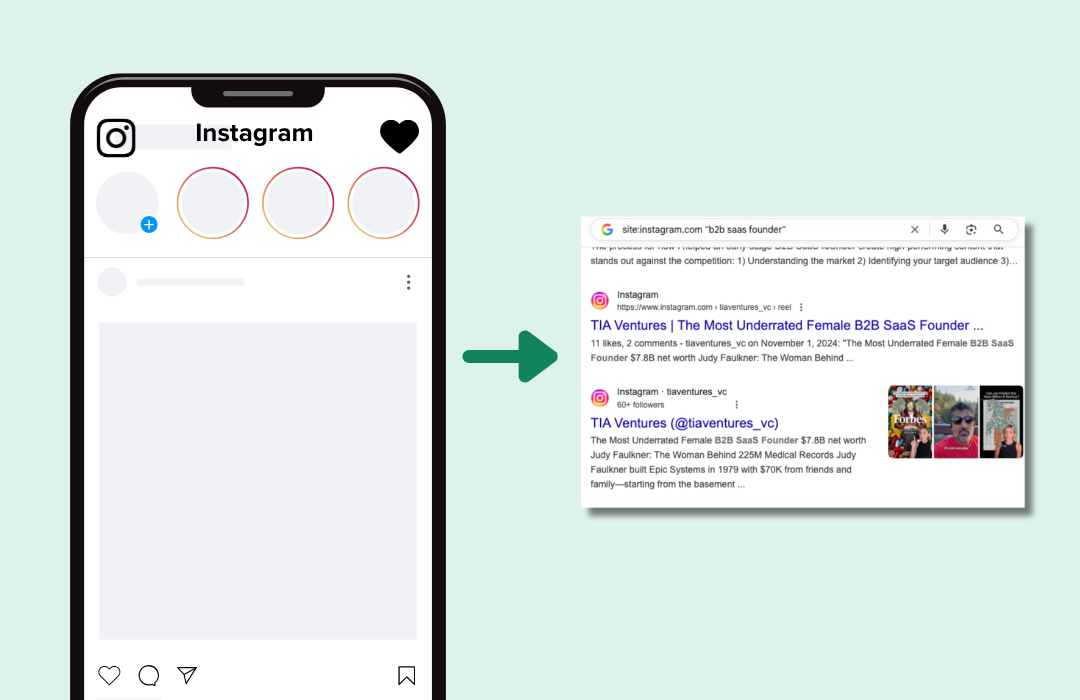There are a lot of variables and reasons for the “Closed – Lost” opportunity: competition, pricing, internal politics, lack of knowledge of the client’s business needs, bad sales approach, and more.
However, the #1 killer of all deals in my experience is time. The longer a deal takes to close, the less likely it will.
“Sales Clock” Defined:
The sales clock is the time between your action as a salesperson and the prospect’s response during any part of the sales process. If the prospect takes too long to respond, the sales clock keeps ticking, extending the time to close.
Sales clock management is about effectively following up with clients on a regular basis to keep the deal moving forward without delays.
We all know the closer a deal gets to closing, the more back-and-forth there is between us and the client. The frequency of interaction increases and the timeline begins to shrink.
We need to deal with contract issues, terms, pricing, discounts, timeline and everything else to make sure the client gets what they need when they need it. If this isn’t happening, we need to find out why — because the longer the interactions span and the less frequent they are, the less likely the deal is to close.
Keep reading to learn 4 easy ways to manage the sales clock more effectively.
Sales Clock Management
Here are a few tips to help ensure the clock doesn’t kill your deals or that you at least find out as early as possible before wasting too much time:
1) Set the communication expectations with the client upfront.
Here’s a tip that I’ve started doing more of towards the end of the first qual call that shows potential and has next steps.
I say to the client, “As we go through this process, if you need anything from me, I promise I will get back to you within 24 hours. What should I expect from you?”
With this approach, I’m not trying to tell them they have to respond to me quickly or within the same timeline I will respond to them. I just want to understand what the expectations should be so I don’t become bothersome with my follow-up.
If they tell me a week, then I will wait a week on my follow-up. But when I do follow up a week later, I’m going to hold them accountable and remind them what they committed to me.
2) Ask if they are ok with telling you “no.”
I wrote a whole blog post on this previously that you can read here. The summary of it is to ask the client upfront if they are ok with telling you “no” if at some point in the sales process it becomes obvious they’re moving in a different direction.
The answer to this is usually an obvious “yes,” but it lets them know you are completely ok with them telling you no so they don’t drag you through the “maybe” or “no response” hell later on.
If they don’t respond to you later on in the sales process, you can hold them accountable and remind them what they committed to.
3) Summarize every meaningful conversation.
After every call I have with a client, I let them know I will be summarizing our conversation with the key takeaways and sending them a brief e-mail afterward, and I let them know I need them to respond to it and confirm.
This is a relatively short e-mail with summary bullets that highlight things like existing situation, competition, priorities, timeline, and process.
The key with this is to make sure the client responds and confirms the accuracy of everything in the e-mail. If you do this for every call then you can hold them professionally accountable for what they are telling you, including timeline.
4) Always make sure you get something in return for more time.
It’s inevitable that some clients are going to ask for more time to make a decision or risk missing a deadline. If this happens, we need to try and get something in return for it to make sure the deal is still real and isn’t going to die on the vine.
I try to get things like a referral to another department, an intro to the procurement or legal team so we can expedite things later, a scheduled meeting on the calendar in 1–2 weeks to see where things stand, or meetings with people who will be involved in the implementation. If I can get any of these, I feel a lot better about giving more time. If I don’t, I get worried.
What Do You Think?
Sales clock management is key to higher revenues. You need to do everything in your power to move deals more quickly through the pipeline, or disqualify them early if they aren’t going to.
But it doesn’t happen by accident. You’ve got to manage your accounts carefully and proactively.
Try these tips out to see if you can reduce the impact that time has on your deals. Remember, the biggest sin in sales is not to lose a deal, it’s to take a long time to lose a deal. Make it happen!







